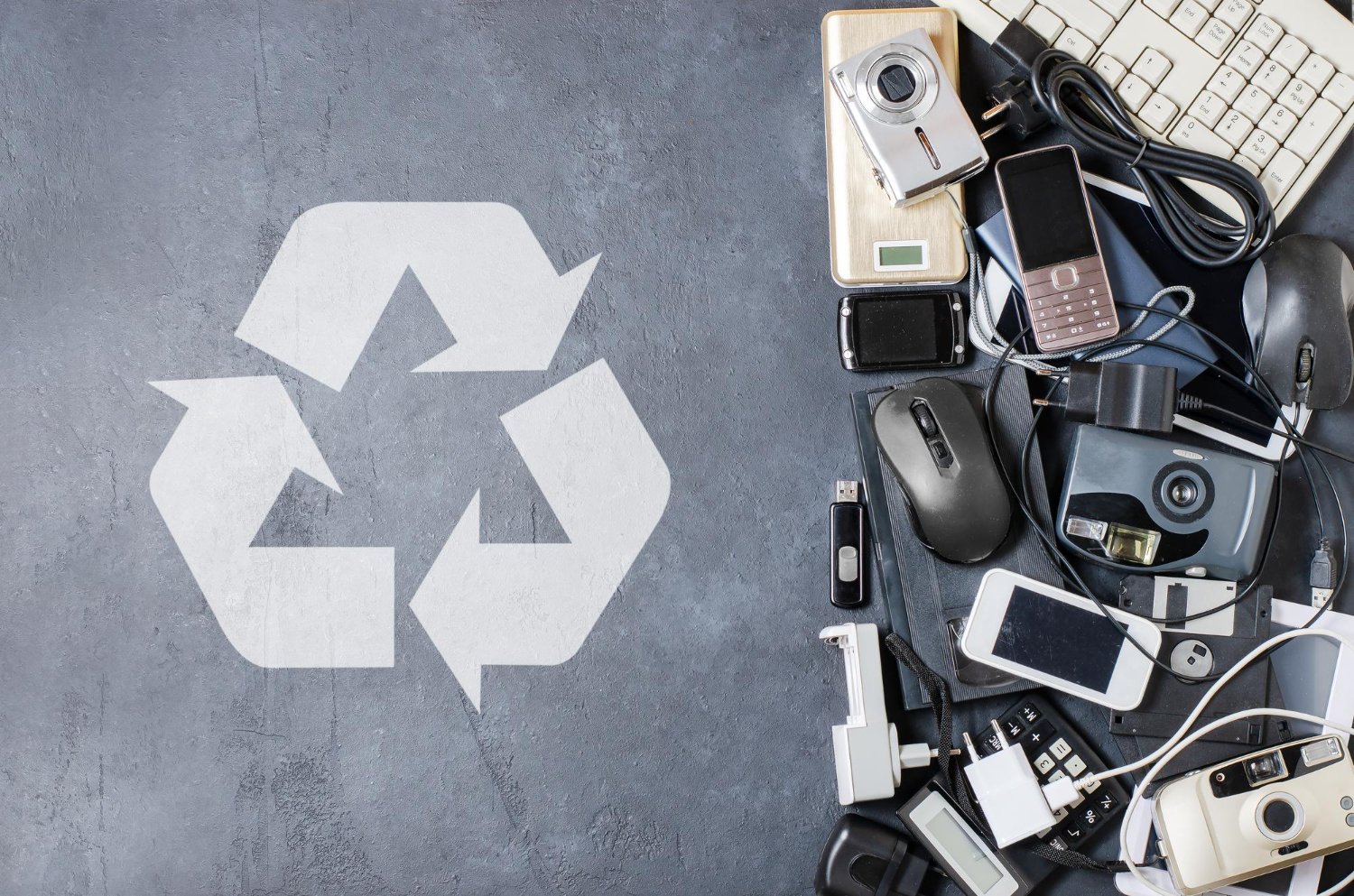What are Top 10 issues in proper disposal of electronic waste globally?
- Home
- What are Top 10 issues in proper disposal of electronic waste globally?

What are Top 10 issues in proper disposal of electronic waste globally?
Electronic waste, or e-waste, is a growing problem worldwide. E-waste refers to any electronic device that is no longer in use or has become obsolete. These devices contain hazardous materials such as lead, mercury, and cadmium that can pose serious environmental and health risks if not disposed of properly. Here are some of the issues associated with the proper disposal of electronic waste:
- Toxic chemicals: Electronic devices contain toxic chemicals that can leach into the soil, water, and air if not disposed of properly. These chemicals can cause serious environmental and health problems.
- Lack of awareness: Many people are not aware of the proper way to dispose of electronic waste. This leads to improper disposal and contributes to the growing problem of e-waste.
- Illegal dumping: E-waste is often illegally dumped in landfills or shipped to developing countries where it is processed in unsafe conditions. This can lead to environmental pollution and health problems for workers.
- Lack of infrastructure: Many countries lack the infrastructure needed to properly dispose of electronic waste. This makes it difficult for people to dispose of their electronic devices in an environmentally friendly way.
- Cost: Proper disposal of electronic waste can be expensive, which discourages many people from disposing of their devices properly.
- Data security: Electronic devices often contain sensitive information such as personal data, financial information, and passwords. Improper disposal of these devices can lead to data breaches and identity theft.
- Recycling challenges: Electronic devices are made up of a complex mix of materials that can be difficult to recycle. This makes it challenging to recover valuable materials from these devices.
- E-waste exports: Developed countries often export their e-waste to developing countries where it is processed in unsafe conditions. This contributes to environmental pollution and health problems for workers.
- Regulatory challenges: Regulations governing the disposal of electronic waste vary widely between countries. This makes it difficult to enforce proper disposal practices.
- Lack of incentives: There are few incentives for people to dispose of their electronic devices properly. This makes it challenging to encourage people to recycle their devices.
In conclusion, electronic waste is a growing problem worldwide due to toxic chemicals, lack of awareness, illegal dumping, lack of infrastructure, cost, data security concerns, recycling challenges, e-waste exports, regulatory challenges, and lack of incentives. Proper disposal practices are essential for protecting the environment and human health.
- Share
